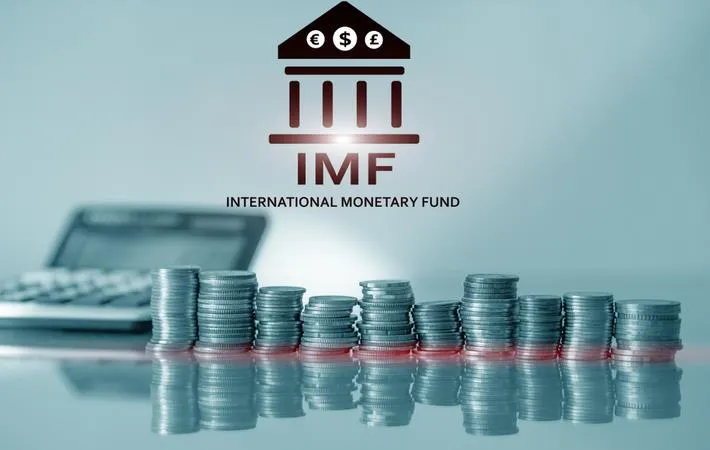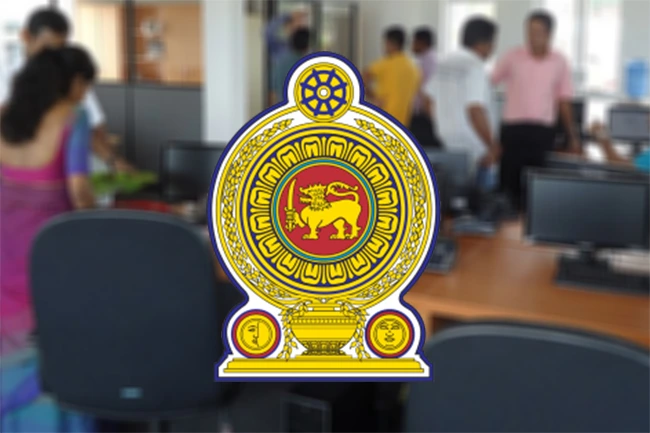Sri Lanka, often referred to as the “Pearl of the Indian Ocean,” is undergoing a significant transformation. The current administration, led by President Ranil Wickremesinghe, has been instrumental in ushering in an era of economic revitalization, with technology playing a pivotal role. This blog post explores how various tech-driven initiatives and Technological Advancements are fostering economic growth and positioning Sri Lanka as a rising player in the global digital economy.
Digital Infrastructure Development
One of the cornerstone achievements of the current government is the significant improvement in digital infrastructure. Under President Wickremesinghe’s leadership, there has been a substantial increase in investments in internet connectivity and broadband expansion. This is crucial for a nation where digital inclusivity can lead to economic inclusivity.
“In today’s world, connectivity is not a luxury but a necessity,” said President Wickremesinghe in a recent address. “We are committed to ensuring that every citizen, regardless of their location, has access to reliable and fast internet services.“
The government has launched several initiatives to enhance digital infrastructure. For instance, the “Digital Sri Lanka” initiative aims to provide high-speed internet access to rural and underserved areas, bridging the digital divide. By improving internet penetration, the government is enabling more people to participate in the digital economy, which in turn stimulates economic growth.
E-Governance and Public Services
The implementation of e-governance has been another significant stride under the current administration. By digitizing public services, the government is enhancing efficiency, reducing corruption, and making services more accessible to citizens.

One notable example is the introduction of the “eCitizen” platform, which allows citizens to access various government services online. From obtaining birth certificates to applying for licenses, the platform streamlines processes that previously required time-consuming visits to government offices.
“Our goal is to create a government that works for the people, by leveraging technology to simplify and improve public services,” stated President Wickremesinghe. “E-governance is a critical component of our strategy to build a more transparent and efficient government.”
Tech-Driven Education and Workforce Development
Recognizing the importance of a skilled workforce in driving economic growth, the current government has placed a strong emphasis on tech-driven education. Initiatives like the “Smart Classroom” project aim to integrate technology into the education system, providing students with access to digital learning tools and resources.
Additionally, the government has partnered with tech companies to offer training programs and workshops aimed at enhancing digital literacy and skills among the workforce(Technological Advancements). These programs are designed to equip individuals with the knowledge and skills needed to thrive in a digital economy.
“We must prepare our young people for the jobs of the future,” said the President. “By investing in tech-driven education, we are ensuring that our workforce is ready to meet the demands of a rapidly evolving global economy.“
Promoting Innovation and Startups
The government has also been proactive in fostering a culture of innovation and supporting the startup ecosystem. The establishment of tech incubators and innovation hubs across the country provides startups with the resources and support needed to grow and scale their businesses.
The “Startup Sri Lanka” initiative, for example, offers mentorship, funding, and networking opportunities to budding entrepreneurs. This initiative has already produced several successful startups that are making waves in both local and international markets.
“Innovation is the engine of economic growth,” President Wickremesinghe emphasized. “We are committed to creating an environment where startups can thrive and contribute to our economy.“
Enhancing Cybersecurity
As Sri Lanka embraces digital transformation, the government has recognized the importance of cybersecurity in protecting its digital infrastructure and economy. The establishment of the National Cyber Security Strategy aims to safeguard the country’s digital assets and ensure a secure online environment for businesses and individuals.

“Cybersecurity is a top priority for our government,” the President stated. “We are taking comprehensive measures to protect our digital infrastructure and ensure the safety of our citizens and businesses online.“
The Road Ahead – Technological Advancements
While significant progress has been made, the journey towards a fully digitized and tech-driven economy is ongoing. The current government, under the leadership of President Wickremesinghe, remains committed to leveraging technology to drive economic growth and improve the quality of life for all Sri Lankans.
“We are at the dawn of a new era for Sri Lanka,” President Wickremesinghe concluded. “By embracing technology and fostering innovation, we are paving the way for a brighter and more prosperous future.“
In conclusion, the technological advancements spearheaded by the current government are playing a crucial role in Sri Lanka’s economic growth. Through improved digital infrastructure, e-governance, tech-driven education, support for startups, and enhanced cybersecurity, the nation is well on its way to becoming a formidable player in the global digital economy(Technological Advancements). As these initiatives continue to unfold, the promise of a digitally empowered Sri Lanka is within reach, promising economic opportunities and a better quality of life for all its citizens.











